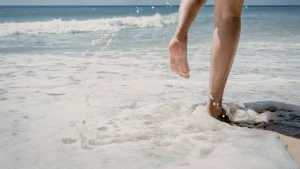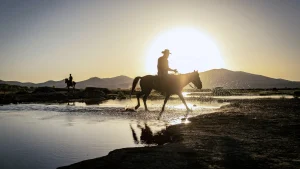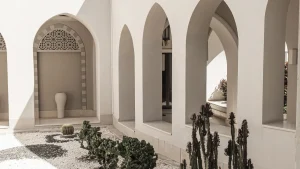You’ve put in years of blood, sweat, and tears into your life’s work and you’re finally able to enjoy the fruits of your labour. You no longer have to worry and stress about grain prices, rain, carbon taxes or whatever other phenomena that affected your crops. You’re now sitting at home, looking at your (presumably large) bank account online and asking yourself, “Now what?”
Now what?
To some of you, this question may sound silly. “What do you mean, now what? Spend it!” But for some of you, and I’d guess most of you, you might be a little anxious having all this liquid money. Other than having purchased a couple of RRSPs prior to incorporating, you’ve probably had very little experience investing outside of the farm. You’ve worked hard your whole life and now that you’re sitting with a large sum of money, the last thing you want to do is “screw it up.”
Assuming you’ll need some of this cash to sustain your lifestyle in retirement, the first thing I would recommend is to reflect on your situation and figure out how much income you’ll need on an annual basis. A financial planner can help with this as they’ll be able to make calculations that take taxes and inflation into consideration. If you can achieve your retirement goals by simply making 1% on your money, then a simple savings account should be all you need. There is no sense trying to get fancy with your portfolio if you don’t need to. However, after doing calculations, if you’ll need a rate of return higher than 4% you’ll need to consider avenues outside of savings accounts as they can’t provide you with that type of return.
Should I invest?
The question, “Should I invest?” essentially comes down to the rate of return required to accomplish your goals. That will tell you whether or not you should be investing.
Keep this in mind: your goals don’t necessarily need to include retirement planning. I’ve had some clients tell me, “I don’t need to make 6%, but I still want to invest because I can’t stand the fact I’m only making 2% at the bank.” or “I don’t need this money for my retirement because I still own land that is paying me a nice rent, but I’d still like to invest. I want this money to grow over the next 20 years of my life, so there’s more left over for my kids and grandkids.” Everyone is different and will have different objectives they’re trying to achieve.
Remember that I’ve only touched on investment management today. A complete Wealth Management Plan would include tax planning and estate planning in conjunction with your investment portfolio. Being tax efficient is crucial to increasing your portfolio returns. Last time I checked, the government wasn’t one of your beneficiaries so make sure you pay them what they’re owed and not a penny more. “Tax strategies now that you’ve sold” to be discussed in future articles.




